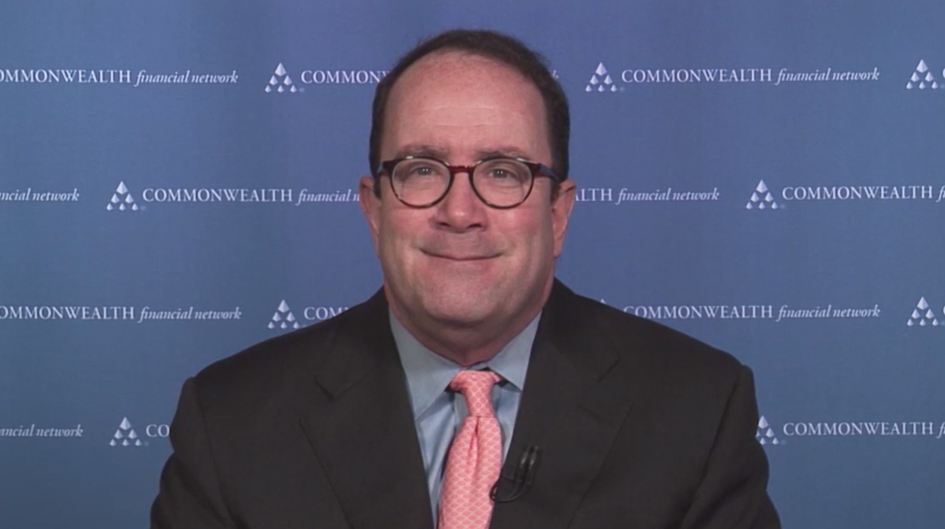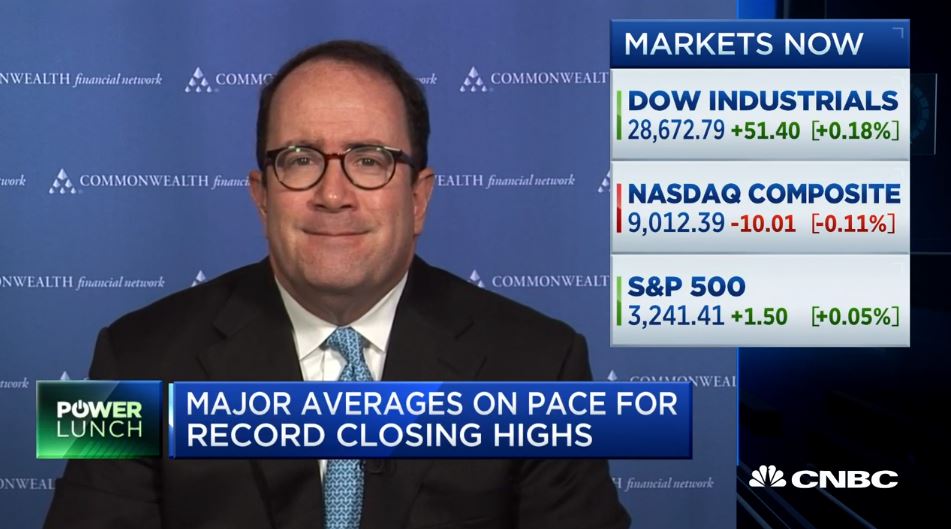Brad here. One of the major discussions we have internally is how to allocate investments, with one of the biggest open questions being whether growth or value will do better going forward. Here is a detailed discussion of that by Chris Fasciano, a portfolio manager on Commonwealth’s Investment Management and Research team. Our internal asset management team stewards more than $7 billion in client assets, and this is a rare chance to pull back the curtain and listen to the discussion. Over to you, Chris!













